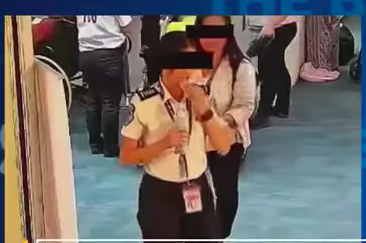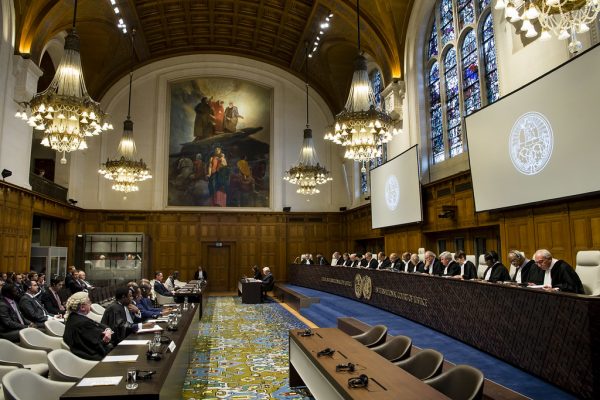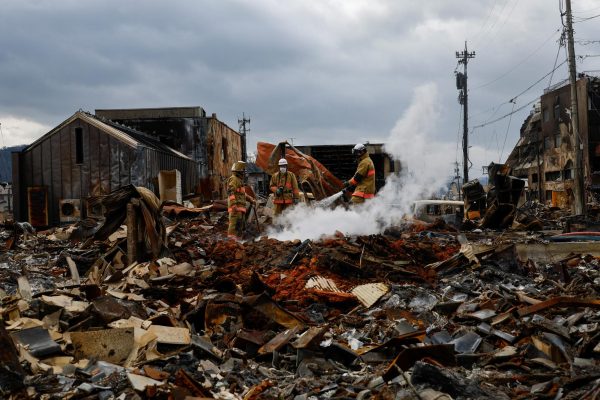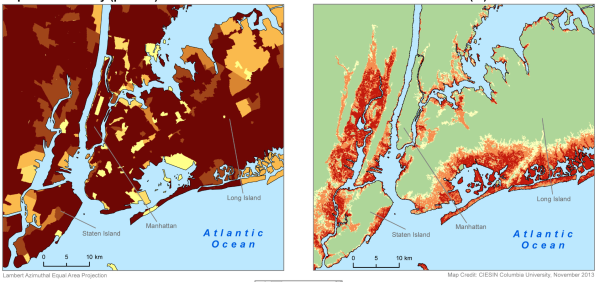What is Fair about Fare Cuts
Their office stands on four rolling wheels. Their constant company on the cold silent streets lies within the lonesome sceneries and hissing engines subdued by tones from the radio. They are the Uber drivers. Respect the drivers. Uber, an innovative and popular private cab service company, has attracted millions to its app with an alluring promise of a better and cheaper experience than regular cabs. Founded in 2009 by Garret Camp, the company reached its estimated value of 63.5 billion dollars in just seven years. Headquartered in San Francisco, Uber spread internationally and partnered with private, secure drivers with cars in good conditions as a quick way for both to make money. With an automatic credit card paying system and a price that is 40 percent cheaper than taxi, it has surely driven Taxi drivers to work harder for their doe.
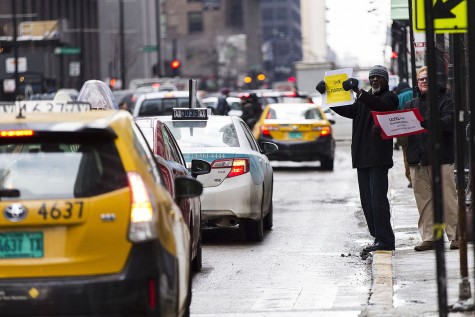
As the price of daily necessities skyrockets, especially in New York, it was probably not wise for Uber to announce on the last Friday of January a fare cut of 15 percent across a hundred American and Canadian cities. In New York, a trip from Midtown to LaGuardia Airport is now $37.12 instead of $43.67. The drivers are not even earning minimum wage. As a result, about six hundred angry Uber Drivers gathered together on a strike in front of the New York City’s headquarter offices at noon on February 1st to protest against the unfair fare cuts and to demand the prices to be restored or face a backlash. The streets were completely barricaded with a dozen police officers monitoring the protest. The striking Uber Drivers chanted “Shame on Uber” and “Respect the Drivers,” encouraging others to do the same. Many held colorful posters declaring “We made you billionaires, you’re making us homeless.” Using those harsh words, New York Uber drivers are determined to gain back their justice.
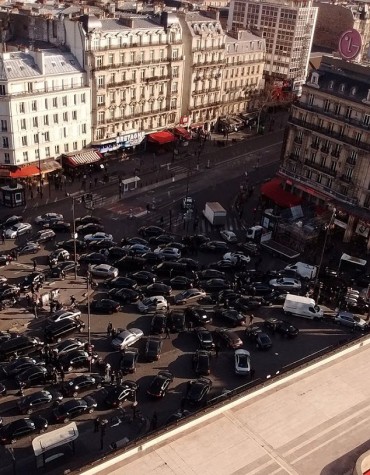
With the drivers’ fierce protests, Uber has their own reasoning. The following Sunday night, Uber stated officially, “Partners spent 39 percent less time waiting for a trip while online this weekend when compared to two weekends ago. Our goal was to turn your unpaid time online into paid time, and we have already seen a 20 percent increase in hourly earnings for partners.” In the same blog post, they also stated the cuts are seasonal. Customers tend to drop after the busy holiday seasons, and if lowering prices would raise ride requests, then the drivers would be busier and make more money. However, on the other hand, Uber drivers do not take the excuses.
“Yesterday I drove about 10 hours, and I barely made a hundred dollars for myself,” one driver stated his complaint and others joined in. Tsering Sherpa, a New York Queens resident working for Uber six days a week, eight hours a day, predicted the fare cuts would send him working 14 hours a day for rent and car management. “New York City just keeps getting more and more expensive,” Sherpa said at the protest, “How are we supposed to survive with less money?” “They call us partners,” he added, “But they’re treating us like slaves.” With the cuts, drivers are not left with much after financing their vehicles and they feel trapped. Uber drivers must own a car, but for many, that means signing car loans with Uber and years of paying off debt with car payments automatically deducted from drivers’ weekly earnings. Uber’s offer of financing assistance for cars is not helping much as many come with high interest rates. Over the past years, Uber has also been criticized for been a business model built on contractors. Their drivers pay their own expenses and are not protected by minimum wage and overtime law. The company does not pay for drivers’ unemployment insurance, workers’ compensation, or social security. Many drivers feel spending extra gas and mileage for so little in return is just not worth it.
The Taxi Workers Alliance also said the impact of fare cuts will not just harm Uber drivers. “Once you have a large player in the industry lower its rates, then there’s a desperation for everybody to start lowering their rates,” said co-founder Bhairavi Desai. “So what happens to the drivers? How are people expected to survive?” As a result, Lyft, another ride-hauling company, has already lowered its price starting 2016 across thirty-three of its major cities. This big low fare wave would soon create more strikes. Uber said if the new price does not work out after a few months, they will go back on the old process. But impatient drivers said they cannot afford the experiment and want prices up now.





